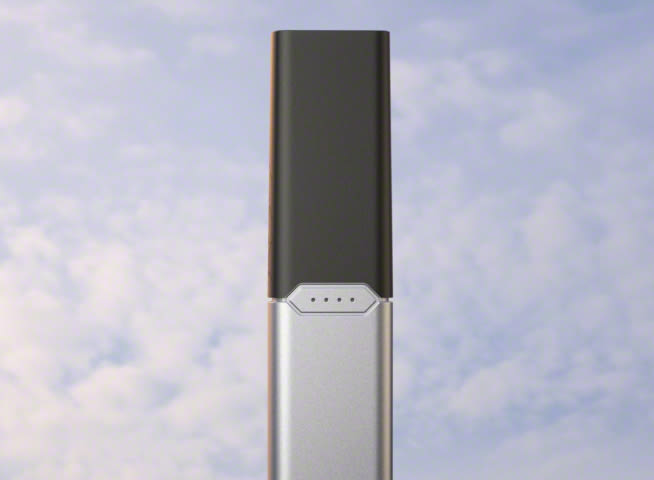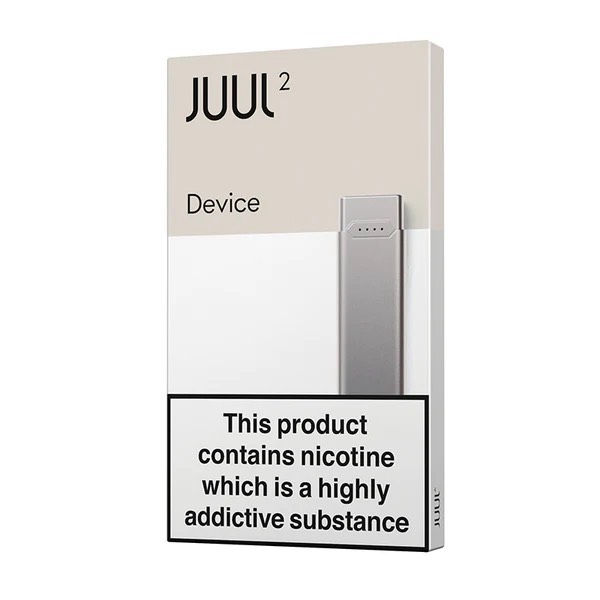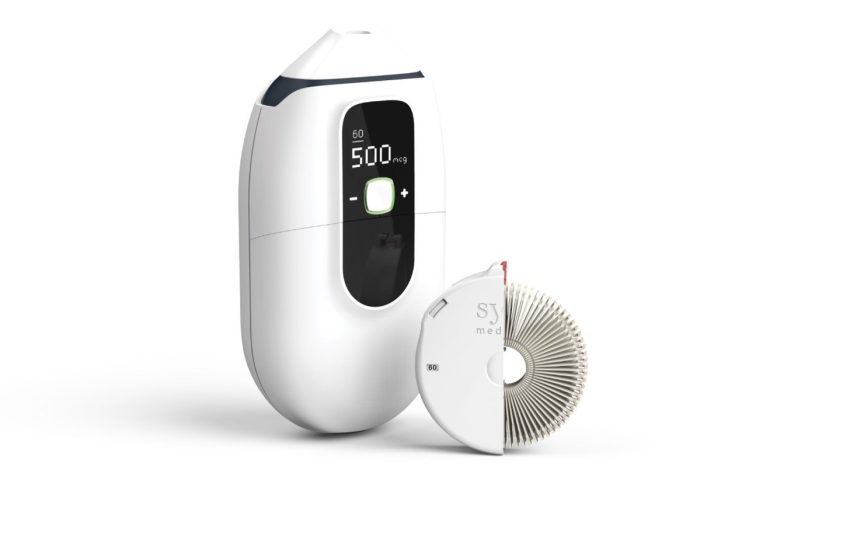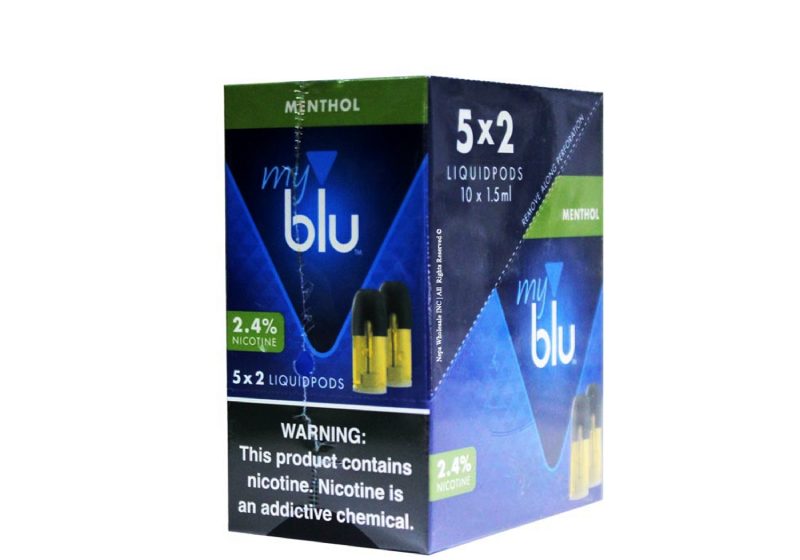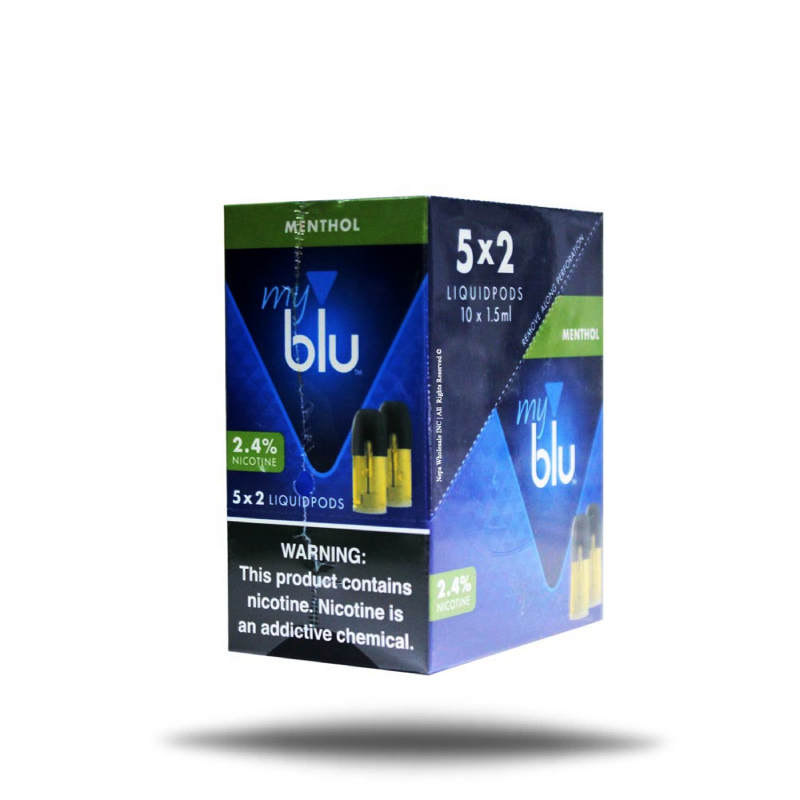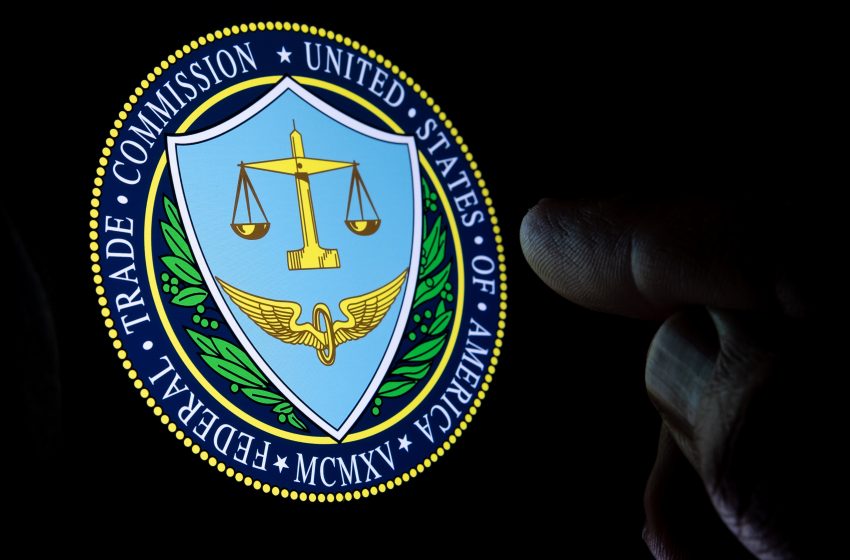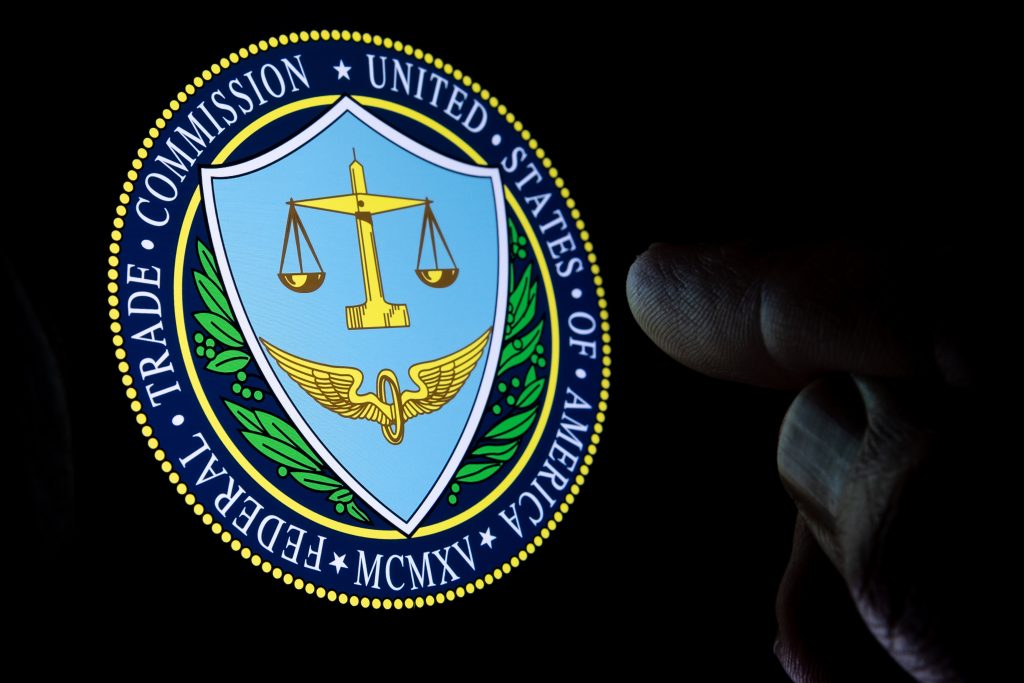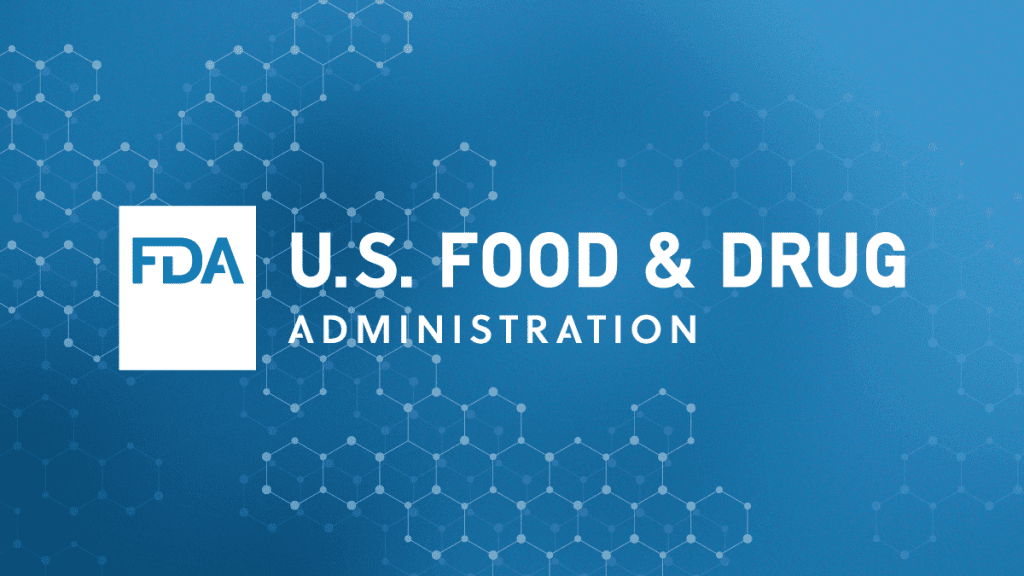
Four U.S. senators separately filed legislation on Thursday that would remove regulatory barriers that the U.S. Food and Drug Administration claims prevent it from allowing CBD sales in the food supply or as dietary supplements.
The Hemp Access and Consumer Safety Act, which was also introduced last Congress but did not advance, would exempt “hemp, hemp-derived cannabidiol, or a substance containing any other ingredient derived from hemp” from certain federal restrictions while permitting officials to enact labeling and packaging rules, according to media reports.
Now lawmakers are gearing up to address FDA’s inaction at the subcommittee hearing formally.
A congressional committee has scheduled a hearing for next week focused on the FDA’s refusal to enact regulations to allow for the marketing of hemp-derived CBD products. And bipartisan and bicameral lawmakers have separately reintroduced a bill to fill the regulatory gap.
The House Oversight and Accountability Subcommittee on Health Care and Financial Services scheduled the hearing—titled “Hemp in the Modern World: The Years long Wait for FDA Action”—for July 27.
Rep. James Comer, who chairs the full committee, has sharply criticized FDA after the agency announced in January that it would not be developing CBD regulations, stating that there is not an available pathway to create such rules and it would require congressional action.
Meanwhile, Comer said in April that his panel would be launching an investigation into the matter, and he requested that the FDA turn over documents related to its decision not to regulate the cannabinoid. Even before the agency made that decision, the congressman expressed his intent to address the lack of rules.
Jonathan Miller, general counsel to the U.S. Hemp Roundtable, will be among those testifying at the meeting, the organization announced in a press release on Thursday.


